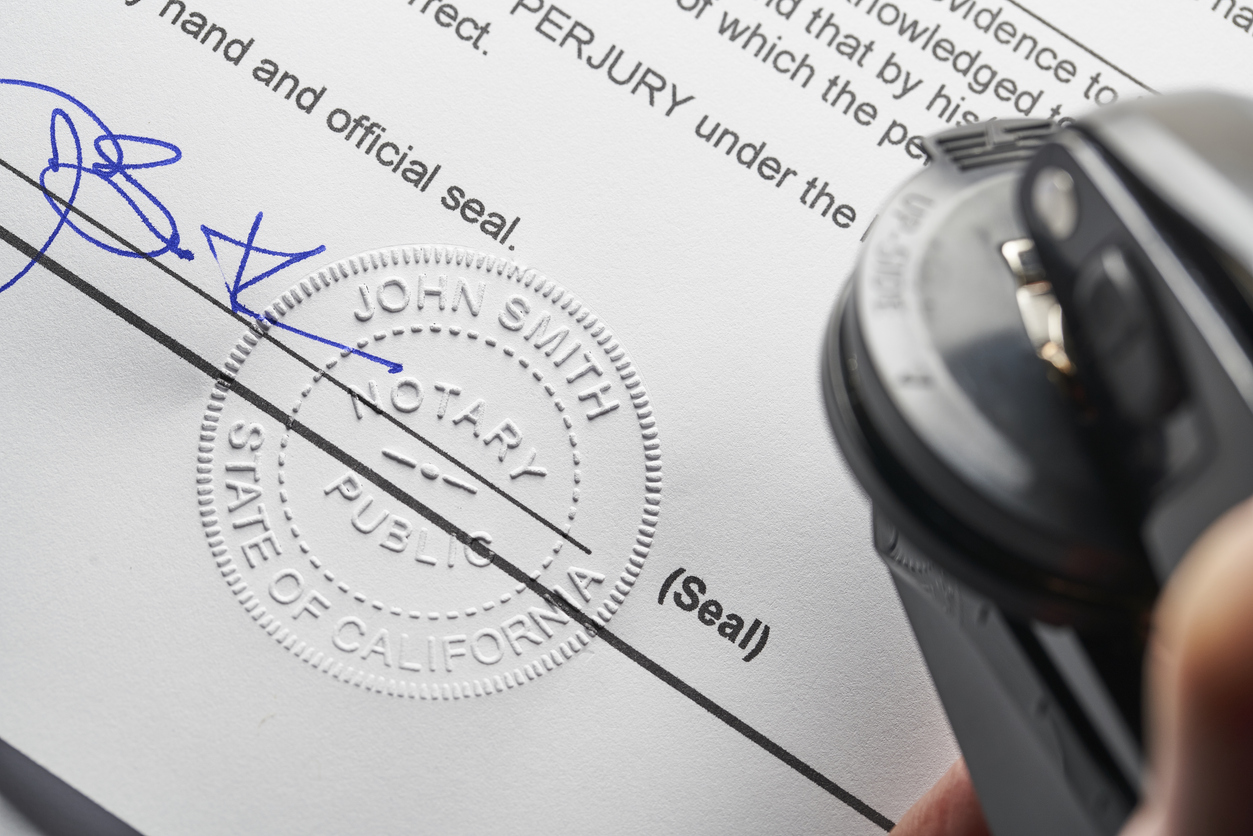On January 10, 2017, Matthew Pappalardo, former director of HiRise Engineering of Uniondale, New York, pled guilty to the unauthorized practice of engineering as a result of fraudulently changed engineering reports for Superstorm Sandy flood victims.
Back in February 2015, I posted Authorities Raid New York Engineering Firm Over Superstorm Sandy Fraud, which detailed the New York Attorney General’s office’s execution of a search warrant of HiRise Engineering’s offices amid accusations of fraudulently changed engineering reports for Superstorm Sandy flood claims. HiRise and Pappalardo were ultimately indicted by the New York Attorney General in August of 2015 and were accused of forging documents and engaging in illegal business practices.
According to statements made by prosecutors at arraignment on the indictment, after Superstorm Sandy in October 2012, HiRise, a Uniondale-based engineering firm, was contracted to perform structural engineering assessments for properties covered under the National Flood Insurance Program. HiRise, in turn, retained numerous licensed professional engineers to perform house inspections and prepare engineering reports.
According to prosecutors, the original reports authored by the on-the-ground, subcontracted professional engineers were altered by employees of HiRise, under the direction of project manager Pappalardo. Pappalardo and the other HiRise employees who made the alterations to the original reports did not personally inspect the damaged buildings and were not licensed to practice engineering in New York State. The altered reports were then submitted by HiRise, and ultimately provided to the adjusting firms, without the consent or approval of the underlying professional engineers. Federal flood claim administrators and adjusting firms then relied on these reports as part of their evaluation of coverage under the NFIP.[1]
New York Attorney General, Eric T. Schneiderman announced on January 10, 2017, that Pappalardo, “admitted [] in Nassau County Supreme Court to altering an engineering report prepared in connection with the assessment of structural damage of residential properties resulting from Superstorm Sandy. HiRise pleaded to the violation of Criminal Solicitation in the Fifth Degree, and agreed to be permanently banned from receiving contracts and providing services under the Federal Emergency Management Association’s (“FEMA’s”) National Flood Insurance Program (“NFIP”).”[2]
In his press release, Schneiderman stated:
Fraudulently altering engineering reports undermines the integrity of the entire NFIP claims process, which homeowners and families rely upon in a time of crisis[.] [] My office is committed to protecting homeowners and ensuring that their insurance claims are handled accurately and fairly. Today’s conviction also re-emphasizes the need for FEMA to implement the reforms to the National Flood Insurance Program identified by my office, so that when the next major storm hits, families can be confident that their claims are being handled professionally and reliably.[3]
While he has not been formally sentenced, Pappalardo is expected to receive three years’ probation and a $10,000 fine. HiRise Engineering agreed to pay $225,000 in costs to the prosecution. Schneiderman’s press release also referenced a report being released by the New York Attorney General’s Office addressing issues identified with the NFIP process and recommended certain reforms:
The Attorney General’s Report, Murky Waters: Increasing Transparency and Accountability in the National Flood Insurance Program, Findings and Recommendations in the Wake of Superstorm Sandy, identifies several fundamental flaws related to both the scope of coverage and the structural damage assessment process under the NFIP, and calls for the immediate implementation of specific reforms.
Flaws in the NFIP identified by the OAG include:
- A lack of clarity in the scope of coverage under the Standard Flood Insurance Policy;
- Inadequate training and lack of certification requirements for structural engineers retained in connection with flood claims; and
- Poor administration and supervision of the flood claims process, including the failure to provide important documentation to policyholders.
Reforms to the NFIP recommended by OAG include:
- Increase the transparency and clarify the scope of flood insurance coverage and any applicable exclusions, to provide consumers with a better understanding of what is and is not covered under their flood policy, through the creation of a plain language disclosure sheet;
- Provide policyholders with all documents created during the course of the flood claim administration process and ultimately relied upon in determining payment or denial of a flood claim, including all final adjuster and engineering reports, as a matter of course;
- Implement a national certification process for all engineers retained to provide structural damage assessments in the wake of a flood event; and
- Ensure the transparency of fees paid to engineering experts by implementing a standardized fee schedule for all engineering services.
This is a victory for those flooded by Superstorm Sandy who were victims of the fraudulent tactics used to deny or under pay their claims. Hopefully, we’ll see some real changes to the way in which flood claims are handled in the future.
As always, I’ll leave you with a (mildly) related tune, here’s John Lennon with Instant Karma:
____________
[1] https://ag.ny.gov/press-release/ag-schneiderman-announces-felony-conviction-engineering-firm-manager-making
[3] Id.



